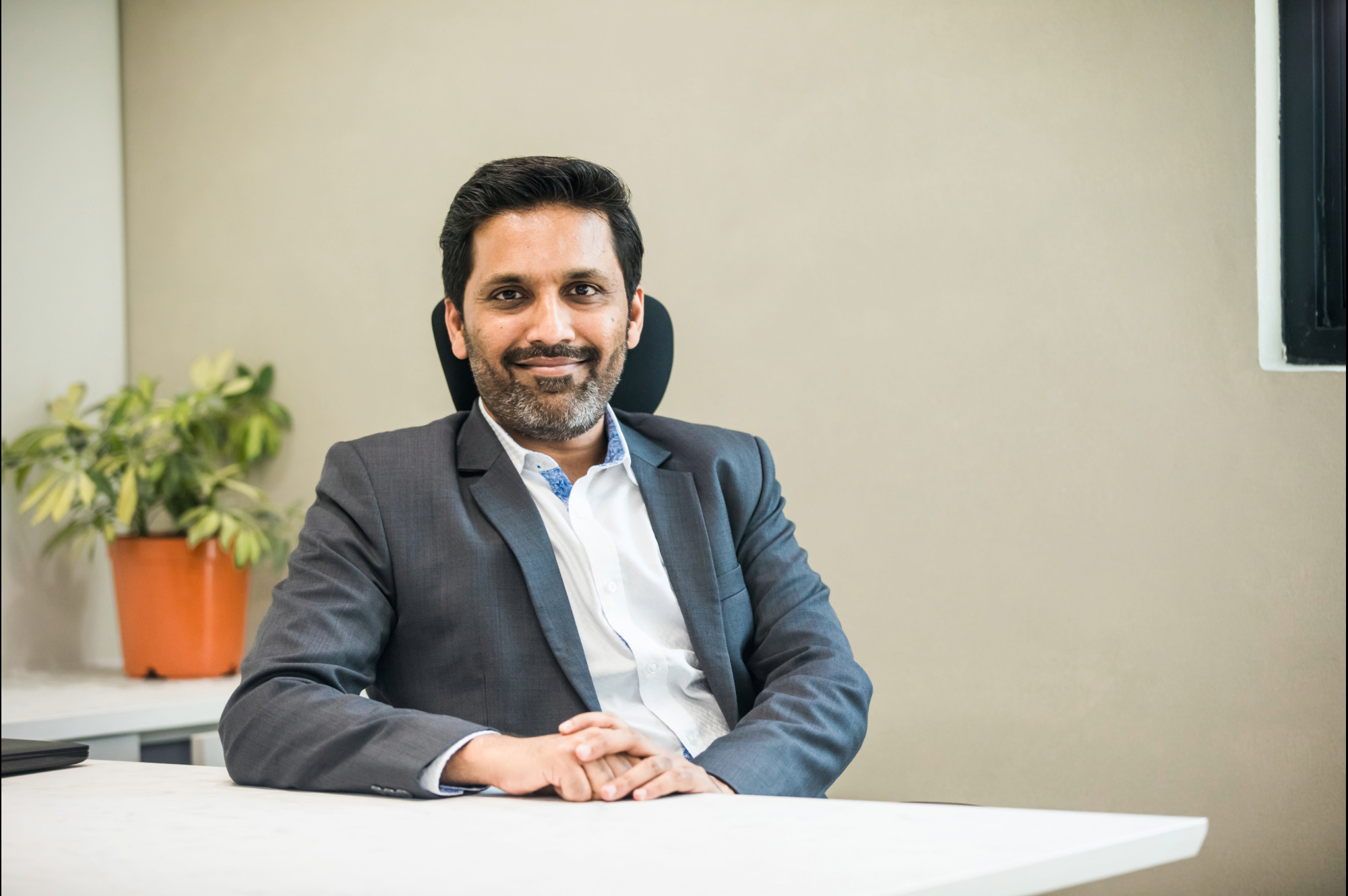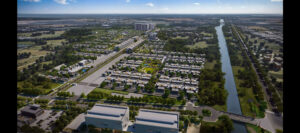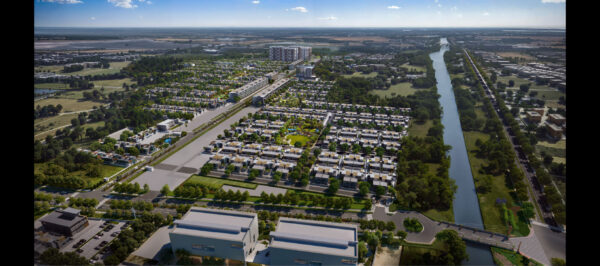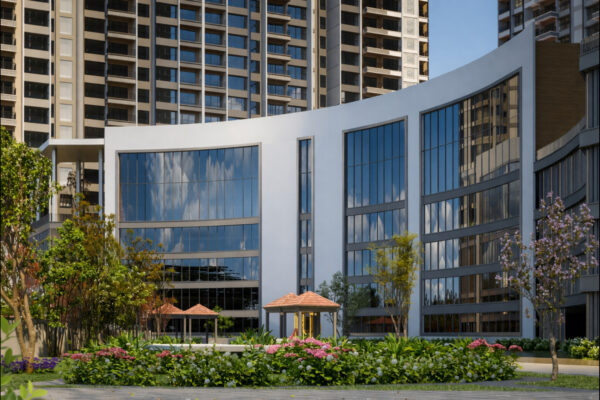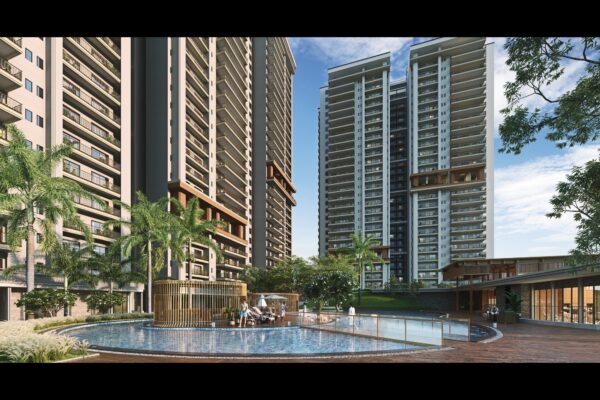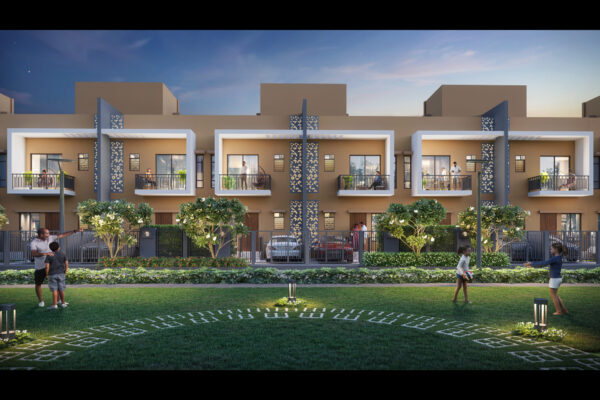Customer experience is at the center of our digital strategy. says Kranti Alladi, Chief Sales & Marketing Officer, Concorde
In today’s fast-evolving real estate landscape, virtual tours and digital marketing tools have fundamentally reshaped the way we connect with potential buyers
How has digital transformation influenced your project planning and execution processes?
Digital transformation has become central to how we plan and execute our projects. We’ve adopted integrated ERP systems and digital project tracking tools that allow for greater coordination between internal teams, contractors, and consultants. From the initial planning stage to final execution, digital platforms help us monitor progress in real time, optimise resource allocation, and ensure better timeline management. Automated workflows and cloud-based collaboration tools have reduced dependencies on manual reporting and improved overall efficiency. These enhancements have enabled us to maintain transparency, improve execution speed, and ultimately deliver more value to our customers.
What role do technologies like BIM, AI, and IoT play in your current development projects?
Technologies like AI and IoT are already playing a growing role in our development process, while we continue to evaluate tools like BIM for future integration to enhance collaboration and precision. AI-powered analytics help us make smarter decisions by predicting project outcomes, optimizing resource allocation, and offering deeper market insights. IoT-enabled systems are being integrated into our developments to monitor building performance, enhance security, and drive energy efficiency – making our projects smarter, safer, and more sustainable.
How have virtual tours and other digital marketing tools changed the way you engage with potential buyers?
In today’s fast-evolving real estate landscape, virtual tours and digital marketing tools have fundamentally reshaped the way we connect with potential buyers. By offering immersive 3D walkthroughs, drone footage, and virtual staging, we empower clients to explore properties at their convenience—anytime, anywhere. This not only expands our reach to a global audience but also fosters greater buyer confidence and faster decision-making.
Through live virtual open houses and interactive features, we can now engage with prospective homeowners in real time, creating a more personalized and responsive experience. These tools also provide us with valuable data-driven insights, enabling more targeted and effective marketing strategies. Ultimately, our shift to digital has made the homebuying journey more transparent, efficient, and emotionally resonant—while aligning with sustainable practices by reducing the need for repeated travel.
At the core of our approach is a commitment to innovation and client satisfaction. We believe technology should not replace the human touch, but rather enhance it—making every interaction smarter, faster, and more meaningful.”
What challenges have you faced in adopting new technologies on your sites, and how have you overcome them?
One of the key challenges we faced was the initial resistance to change, especially among site teams accustomed to traditional practices. Introducing new technologies required a shift in mindset and comfort with digital tools. To overcome this, we focused on structured training programs, selected user-friendly platforms, and identified internal champions who could support and guide the transition on the ground. Another challenge was aligning external stakeholders like contractors and consultants to a unified digital process, which we addressed by implementing clear protocols and centralised communication systems. These efforts have helped us build a more collaborative, efficient, and digitally aligned project environment.
How do you see technology improving collaboration between your design, construction, and sales teams?
By leveraging cutting-edge technology, we’ve created a seamless collaboration between our design, construction, and sales teams that directly benefits our investors and homebuyers. Real-time digital tools allow our teams to share updates instantly – from blueprint changes to site progress – ensuring faster execution and fewer delays. For investors, this means better project predictability and stronger ROI. For homebuyers, it means transparent communication, quicker handovers, and a more confident buying journey. With 3D walkthroughs, automated inventory tracking, and integrated CRM systems, we’re not just enhancing internal efficiency – we’re raising the bar on customer experience and delivery standards.
In what ways has digitalisation helped you reduce project delays and cost overruns? With real-time project tracking, smarter scheduling, and better resource management, we’ve cut down rework and improved coordination across teams. which helps faster delivery, lower costs, and greater confidence for both our investors and homebuyers.
How are you leveraging data analytics to make better decisions regarding site selection, design, or sales strategy?
By leveraging advanced data analytics, we’re transforming how we select sites, shape designs, and craft our sales strategies. When it comes to site selection, we analyze market trends, infrastructure growth, buyer behavior, and demographic shifts to identify high-potential locations with long-term value. For design, we study usage patterns and feedback to create spaces that align with modern lifestyles – maximizing both utility and appeal. This data-driven approach helps us stay ahead of market needs and deliver more relevant, high-performing developments
What steps are you taking to incorporate sustainable and smart building technologies into your developments?
All Concorde developments feature smart technology and energy-efficient systems throughout each unit. Residents will enjoy enhanced safety through a four-level security system, while motion sensors in bathrooms and kitchens ensure energy efficiency. Smart appliance management allows control of lighting and primary appliances via a mobile app, and voice assistance is integrated with Alexa for easy operation. Additional highlights include grand 8-foot entrance doors, spacious master bedrooms, and 7-ft. tall windows that optimize natural light and ventilation. Sustainable features such as a Sewage Treatment Plant (STP), rainwater harvesting, and an organic waste converter reflect Concorde’s commitment to environmental stewardship, including efficient water management.
How important is customer experience in your digital strategy, and what tools do you use to enhance it?
Customer experience is at the center of our digital strategy. At Concorde, we believe that technology should not just streamline internal processes but also create a seamless and transparent journey for our customers. We’ve implemented digital booking platforms, CRM systems for timely updates, and post-sales portals where customers can track milestones, access documents, and raise service requests with ease. Virtual walk-throughs, WhatsApp communication, and automated notifications have made the experience more responsive and user-friendly. Our goal is to ensure that every interaction – from enquiry to handover – is smooth, personalised, and digitally empowered.
What emerging technologies do you believe will be game-changers for real estate development in the next 3–5 years?
In the next 3–5 years, Artificial Intelligence and Predictive Living will be the game changers in real estate development. AI is set to become the core of the modern home. Beyond voice-activated commands, future smart homes will use AI to optimizing lighting, climate, and energy use automatically. Predictive maintenance will reduce downtime and cost, ensuring seamless living.
Tags

